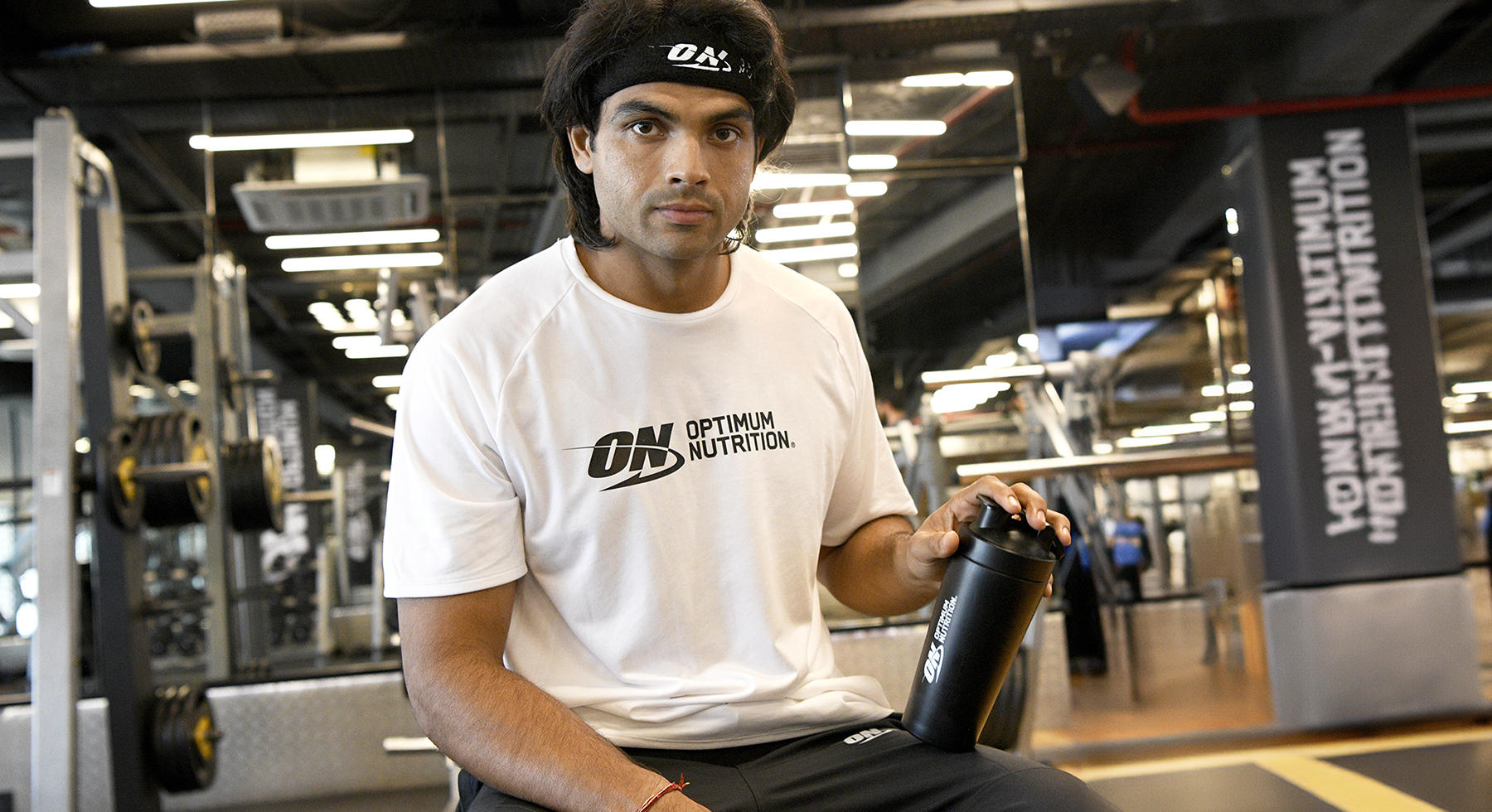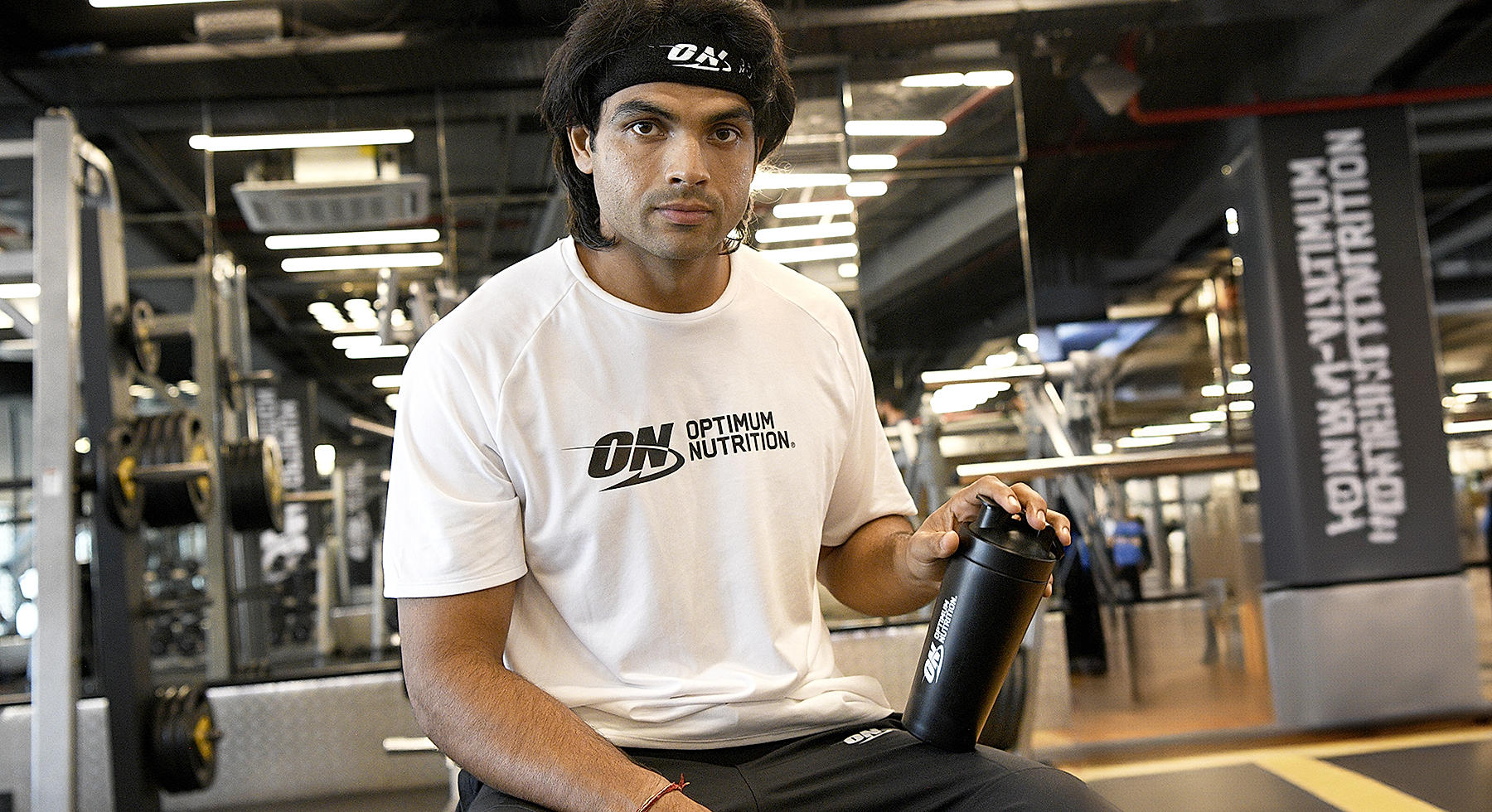
As the Summer Championship 2024 approaches, the world gears up to witness unparalleled athleticism, breathtaking performances, and remarkable displays of human potential. Behind the scenes, however, lies a crucial aspect that often goes unnoticed—the diet habits of top athletes. These Champions not only train rigorously but also fuel their bodies with precision and purpose.
The total daily calorie intake of an athlete varies significantly, ranging from 2000 kcal to 10,000 kcal, depending on the type of sport they engage in. Your daily energy requirements are determined by your basal metabolic rate, which is the number of calories you naturally burn throughout your daily activities, as well as the frequency and intensity of your exercise regimen. It is important not to over consume calories, as this could lead to weight gain.
Table of Content
- Planning the meals ahead
- Balanced macronutrient ratio
- Never skipping the breakfast
- Having small, frequent meals
- Not neglecting flavors
- Eating specifically for your sport
- Vitamin, Mineral and Probiotic supplementation
- Hydration is the key
- Targeted supplementation and aids
- Take Home Message
However, there are several dietary habits that are highly advantageous and beneficial for overall health. Let us delve into the dietary practices and discover what it takes to eat like a Champion:-
Planning the meals ahead:
One of the fundamental principles of eating like a Champion is planning meals ahead of time. Athletes know that success in competition begins in the kitchen. By preparing meals in advance, they ensure they can access nutritious foods that fuel their bodies optimally, even during busy training schedules. It saves time, money, and confusion and prevents impulse buying.
Balanced macronutrient ratio:
Balancing macronutrient ratios is key for Champions to meet the demands of their intense training regimes. While specific requirements vary depending on the sport and individual needs, a typical diet for a Champion comprises–
→ 55-60 percent of their daily calories come from carbohydrates, including vegetables, fruits, and whole grains.
→ 15-25 percent of their daily calories come from lean proteins, fish, poultry, beans, and low-fat dairy.
→ 20-30 percent is derived from high-quality fats such as olive oil, nuts and nut butters, seeds, and avocados.
→ This balance ensures sustained energy levels, muscle recovery, and optimal performance during competitions.
Never Skipping the Breakfast:
Breakfast truly is the most important meal of the day, especially for Champions. A hearty breakfast kick starts the metabolism, replenishes glycogen stores depleted overnight, and provides the energy needed for morning workouts. Athletes typically have their initial meal within 30 to 60 minutes of waking up, and they consistently opt for top-notch, lean protein. Whenever available, it is advisable to choose organic options for your food selections. Consider crafting a nutritious breakfast with: -
→ Omega 3-rich foods like eggs, flaxseed, fatty fish, walnuts, and chia seeds.
→ High protein-rich foods include whole grains and legumes like oats, quinoa, farro, sorghum, etc. with fruits.
→ Low-fat dairy sources.
Having Small, Frequent meals:
Another crucial aspect of Champion nutrition is consuming small, frequent meals throughout the day. This approach supports the body’s continuous refueling and repair processes, maintains stable blood sugar levels, sustains energy levels, and supports muscle recovery. Regular meals along with snacks at intervals aid in delivering essential proteins and carbohydrates to the body.
Individuals undergoing intense training or aiming to increase weight should consume something every 2-3 hours, while individuals focusing on maintaining body composition or during lighter training periods can aim for every 3-4 hours. Eating regularly, with no more than five-hour gaps between meals, maintains energy levels and prevents fatigue and overeating, especially before bedtime.
Snacks like Greek yogurt with berries, hummus, veggies, or nuts and seeds provide sustained energy between meals without causing energy crashes, ensuring athletes remain fueled and ready for their next training session or competition.
Not neglecting flavors
Contrary to popular belief, eating like a Champion doesn't mean sacrificing taste. Elite athletes also understand the importance of enjoying their meals while maintaining optimal nutrition. They experiment with herbs, spices, and healthy cooking techniques to enhance flavor without compromising on health benefits. By embracing a diverse and flavorful diet, Champions stay committed to their nutritional goals while satisfying their taste buds.
Eating specifically for your sport:
The dietary needs of athletes vary depending on their sport. By aligning their diets with the specific demands of their sport, Champions optimize their performance potential and enhance their competitive edge.
→ Endurance athletes require carbohydrates to fuel prolonged exertion. Sources include whole grains, legumes, starchy fruits, and vegetables.
→ While strength and power athletes focus on protein intake to support muscle growth and explosive performance. Sources include lean meat, fish, eggs, soy, beans, nuts/seeds, yogurt, and milk.
→ Team sports athletes may require a fair ratio of carbs and protein in their diet.
Vitamin, Mineral, and Probiotic supplementation:
While a nutrient-rich diet is paramount, athletes may benefit from targeted supplementation to address specific needs or deficiencies. Common supplements include Vitamin D, Calcium, Iron, Zinc, and Magnesium, along with a probiotic that supports bone health, oxygen transport, and muscle function, and supports gut flora. However, supplementation is individualized and closely monitored to ensure safety and efficacy, with athletes consulting with healthcare professionals or nutritionists to optimize their supplementation regimen.
Hydration is the key:
Hydration plays a key role in injury prevention and recovery for athletes engaged in competitive sports. Athletes are at high risk of getting dehydrated easily, along with water they also lose electrolytes and salt which are essential for normal cell signaling and function. Many factors like sweat rate, heat, humidity, and intensity of exercise, all need to be considered. The American Council on Exercise suggests drinking
→ 500-600 ml water before the exercise,
→ 200-300 ml of water every 20-30 minutes during the exercise and,
→ 250 ml of water 30 minutes after exercise.
In addition to water, athletes can replenish lost electrolytes by consuming coconut water, fruit juices, and sports drinks. These beverages also contain carbohydrates, which offer valuable energy particularly useful for athletes involved in extended or intense exercise lasting between 60 to 90 minutes (about 1 and a half hours).
Targeted supplementation and aids:
When it comes to enhancing athletic performance, it is crucial to prioritize a well-rounded diet as the foundation. A food-first approach emphasizes consuming a variety of nutrient-dense foods to support overall health and optimize athletic performance. Supplements can just complement a well-rounded diet; they are not a substitute for healthy eating habits.
Once a solid nutritional foundation is established, athletes may consider incorporating supplements like Whey protein, Creatine, Caffeine, Beta-Alanine, Antioxidants, Branched Chain Amino Acids (BCAA), and Glutamine to improve performance.
Additionally, not all supplements are appropriate for every athlete, and individual needs may vary based on factors such as age, sex, training regimen, and dietary restrictions. Consulting with a healthcare professional or sports nutritionist can help athletes determine which supplements, if any, are suitable for their specific needs and goals.
Take Home Message
As it says, “Success isn’t achieved overnight.” As the 2024 Summer Championship approaches, the world anticipates unparalleled athleticism and performances, but behind the scenes, elite athletes focus on precise dietary habits. These Champions meticulously plan meals, balance macronutrients, and prioritize breakfast for optimal energy. They eat small, frequent meals, emphasizing flavor and tailoring diets to their sport's demands. Supplementation, hydration, and targeted aids further enhance their performance, emphasizing a holistic approach to nutrition.

